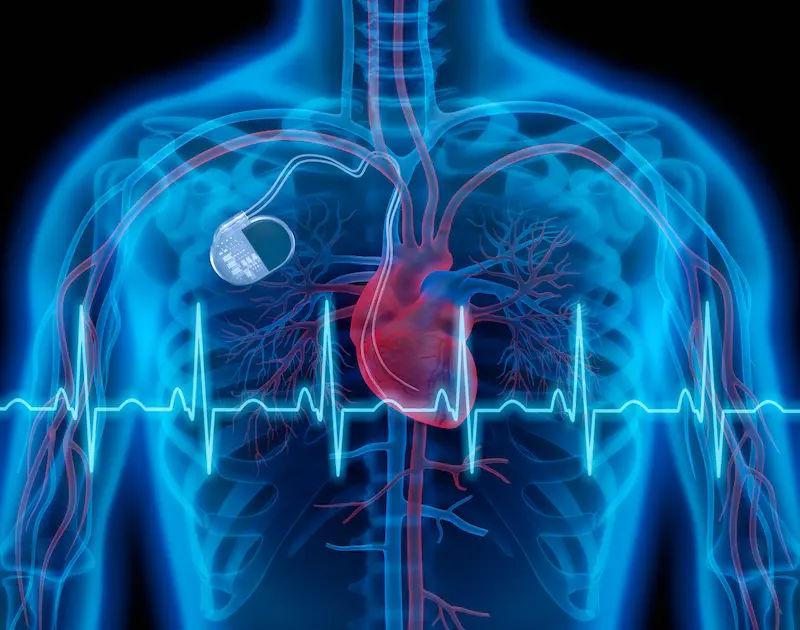- Male
- 68 Years
- 22/01/2025
I'm really concerned about a blockage in all three arteries. I'm worried but also wondering how much time we might have to safely delay surgery. Can you provide some guidance on this?
Answered by 1 Apollo Doctors
The patient should not delay surgery if there is blockage in all three arteries at such high percentages. Immediate medical intervention is necessary to prevent any serious complications such as heart attack or stroke. Please consult a cardiologist for further evaluation and treatment.
Dr. Shubham Suggests...
Consult a Cardiologist
Answered 04/07/2025
0
0

More Cardiology Health Queries
View allI'm feeling a little disturbance on the left side of my chest, and it's making me really anxious. I'm only 28 years old, and this has gotten me worried. What could be causing this? Can you give me some advice?
could be due to various reasons, such as muscle strain, indigestion, anxiety, or even heart-related issues. Since you are only 28 years old, it is less likely to be related to heart problems, but it is still important to get it checked out to rule out any serious issues. You can take an over-the-counter antacid like Tums for indigestion or try to relax and practice deep breathing exercises for anxiety. However, if the discomfort persists or worsens, it is advisable to consult a healthcare professional for a proper evaluation and diagnosis.
Answered by 1 Apollo Doctors
I'm a bit concerned about my homocysteine level, which is currently at 29.9. Is this considered normal, or should I be worried? What could be causing it to be so high? Any advice would be really appreciated.
Homocysteine level of 29.9 is considered high. Possible causes of increased homocysteine levels include vitamin deficiencies (B6, B12, and folate), kidney disease, hypothyroidism, psoriasis, certain medications (such as methotrexate), and genetic factors. To lower homocysteine levels, you can consider taking medications like folic acid, vitamin B6, and vitamin B12. The recommended dosage of folic acid is usually 400-800 mcg per day, vitamin B6 is 1.3-1.7 mg per day, and vitamin B12 is 2.4 mcg per day.
Answered by 1 Apollo Doctors
What are the heart disease causes & risk factors?
With time, raised blood sugar levels can damage the blood vessels and nerves that control the heart. Additionally, people with diabetes are also more likely to have other conditions that raise the risk for heart disease such as high blood pressure and deranged cholesterol or triglyceride levels.
Answered by 1 Apollo Doctors
Disclaimer: Answers on Apollo 247 are not intended to replace your doctor advice. Always seek help of a professional doctor in case of an medical emergency or ailment.





